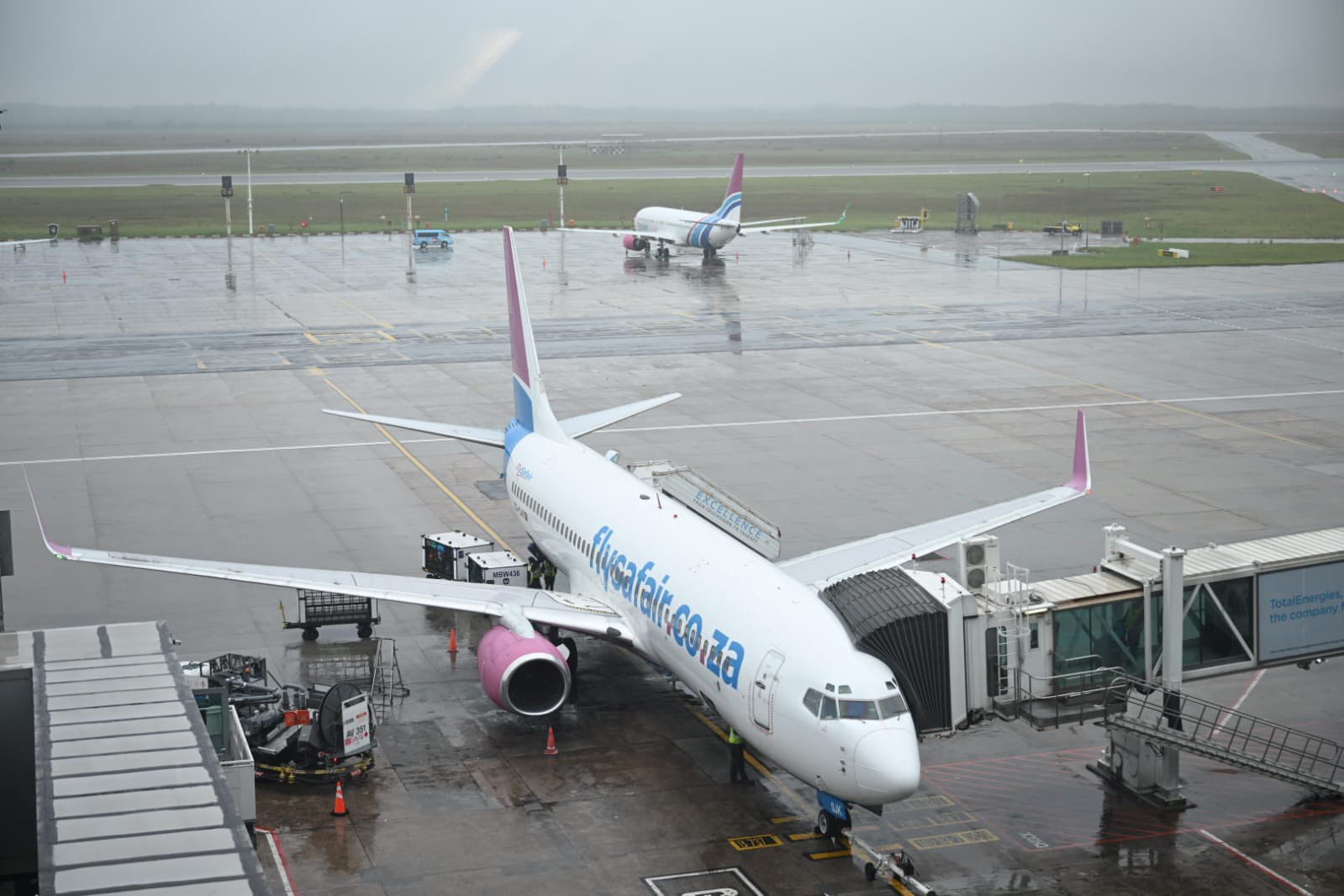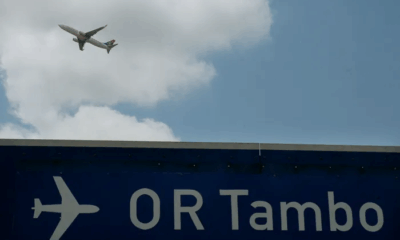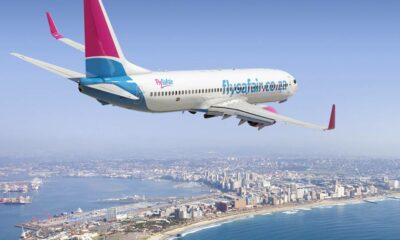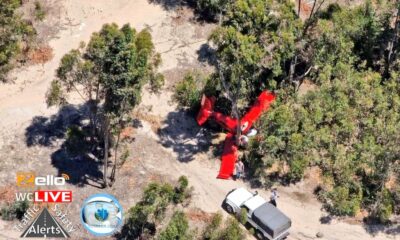Business
FlySafair Under Fire for Offshore Payouts While Freezing Staff Wages

FlySafair Faces Turbulence Over Offshore Payouts While Freezing Worker Wages
As pilots strike and operations face scrutiny, leaked financials show South Africa’s low-cost airline channelled over R1.3 billion overseas while telling staff the tills were empty.
Tensions flare between profits and pilots
FlySafair, South Africa’s best-known budget airline, is flying straight into a public relations storm. While passengers queue for discounted tickets and pilots fight for fair pay, leaked financials have revealed that the airline quietly sent more than R1.3 billion to foreign shareholders, right as staff salaries were being frozen.
The transfers, made to FlySafair’s Irish-linked holding company, Safair Aviation (Ireland) DAC, took place at the tail end of the Covid-19 crisis, a time when the aviation industry globally was still finding its wings again.
What has left many industry insiders and workers fuming isn’t just the eye-watering amount sent offshore, it’s that this was happening while FlySafair insisted it couldn’t afford basic cost-of-living salary increases for its pilots and crew.
“We couldn’t get a raise, but billions flew to Ireland”
Internal sources claim that employees were told to tighten their belts due to financial pressure. Meanwhile, $54.5 million (about R956 million) was quietly transferred abroad in 2022, followed by another $20.3 million in early 2023.
One insider told us, “A 10% raise for the pilots would’ve cost R45 million a year. That’s less than 4% of what was sent overseas. So this wasn’t about affordability. It was about priorities.”
The revelations are emerging at a sensitive time for FlySafair, which is grappling with an ongoing pilot strike over wages and working conditions, particularly a new aircrew rostering system. The union Solidarity, which represents many of the airline’s pilots, has made it clear: fix the rostering, and the rest of the negotiations might ease up.
Legal clouds and licensing turbulence
FlySafair is also under pressure from regulators after South Africa’s Domestic and International Air Licensing Councils sanctioned the airline earlier this year. At issue is the extent of foreign control in the business, which must legally remain 75% South African-owned.
Aviation law expert Emile Myburgh warns that appearances can be deceiving. “Even if shareholding looks compliant on paper, the law tests real control. If the Irish parent effectively pulls the strings, the airline is non-compliant.”
This adds a new layer to the dividend saga. If foreign entities are seen to be calling the shots, while also raking in dividends during local wage austerity, the optics and legal implications could be dire.
Public and political backlash brewing
The timing couldn’t be worse. With the cost of living rising and a growing conversation around corporate ethics, social media has started buzzing. Critics are calling this “pandemic profiteering” executive hypocrisy that saw workers bear the brunt while offshore investors cashed in.
FlySafair has so far avoided answering any direct questions from the press about the offshore payments, the wage freezes, or the ownership structure. Its silence is only fuelling public frustration.
Pilots strike, rostering at core
Meanwhile, the airline continues to operate a reduced schedule. FlySafair claims 95.2% of its trimmed-down flights are running on time, but the cracks are showing.
Solidarity’s deputy general secretary Helgard Cronje said: “This isn’t just about salaries. It’s about dignity. Rostering is a no-cost fix. FlySafair is choosing confrontation over collaboration.”
He also accused the airline of misleading the public about how hard pilots work, downplaying fatigue and scheduling strain.
What’s next for FlySafair?
With only six months to resolve its licensing issues and growing unrest among workers, FlySafair faces turbulence on multiple fronts. Sources say BEE businessman Robert Gumede was approached for a local investment deal that later stalled, raising further questions about efforts to comply with South African ownership laws.
The Department of Transport says these issues are top of the agenda in upcoming regulatory meetings. For FlySafair, the next few months may be less about taking off and more about staying in the air.
{Source: The Citizen}
Follow Joburg ETC on Facebook, Twitter , TikTok and Instagram
For more News in Johannesburg, visit joburgetc.com

























